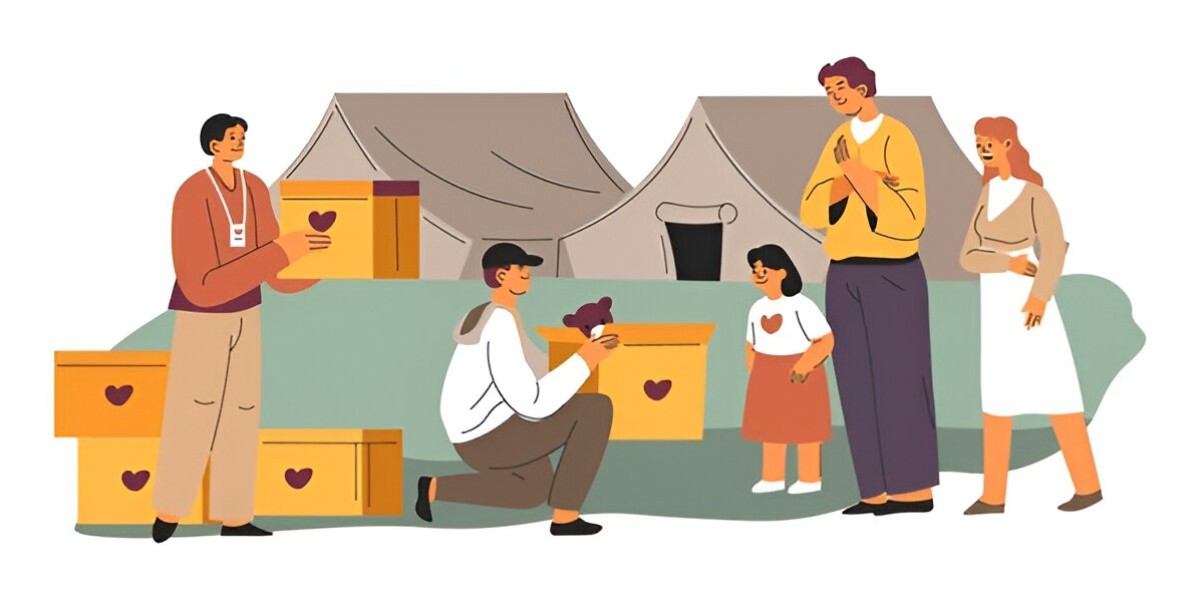Zakat donation in Pakistan plays a crucial role in poverty alleviation and social welfare, and Islamic finance serves as a powerful mechanism to enhance its effectiveness. As an ethical financial system rooted in Islamic principles, Islamic finance promotes fairness, social responsibility, and economic inclusion. By integrating Zakat collection and distribution into the broader framework of Islamic financial institutions, we can ensure that funds reach the most deserving individuals efficiently. Organizations like SOS Children’s Villages Pakistan work alongside Islamic financial entities to maximize the impact of Zakat donations.
Understanding Islamic Finance and Its Connection to Zakat
Islamic finance operates on Shariah principles, emphasizing:
Interest-Free Transactions (Riba-Free): Ensuring fairness and justice in financial dealings.
Risk-Sharing (Mudarabah & Musharakah): Promoting ethical investment and business practices.
Social Welfare (Zakat & Sadaqah): Mandating financial contributions to support those in need.
Zakat, as an integral part of Islamic finance, redistributes wealth within society, reducing inequality and fostering economic stability.
How Islamic Finance Supports Zakat Collection and Distribution
1. Zakat-Compliant Banking Services
Islamic banks and financial institutions facilitate Zakat donations through:
Dedicated Zakat Accounts: Enabling individuals and businesses to deposit and track their Zakat contributions.
Automated Zakat Calculators: Helping donors determine their exact Zakat obligations.
Seamless Online Transfers: Making Zakat payments more accessible and transparent.
2. Islamic Microfinance for Zakat Beneficiaries
Zakat funds can be used to empower low-income individuals through microfinance programs that provide:
Interest-Free Loans (Qard Hasan): Helping small entrepreneurs start or expand businesses.
Skills Development Initiatives: Training beneficiaries in vocational and technical fields.
Livelihood Support: Enabling families to achieve financial independence.
3. Waqf and Zakat Synergy
The Islamic concept of Waqf (endowment) complements Zakat by establishing long-term social welfare projects. Islamic financial institutions invest in:
Education Funds: Supporting schools and scholarships for underprivileged students.
Healthcare Projects: Funding hospitals, clinics, and free medical services.
Sustainable Infrastructure: Providing clean water, sanitation, and housing solutions.
Case Studies: Islamic Finance Strengthening Zakat Initiatives
Islamic Bank’s Role in Funding Orphan Care
A leading Islamic bank in Pakistan partnered with SOS Children’s Villages Pakistan to direct Zakat funds towards orphaned children, providing them with shelter, education, and healthcare.
Microfinance Success Story
Through an Islamic microfinance program funded by Zakat, a group of widows in rural Pakistan received sewing machines and tailoring training, enabling them to generate stable incomes and support their families.
Maximizing the Impact of Zakat Through Islamic Finance
Choose an Islamic Financial Institution: Ensure your Zakat is managed ethically and transparently.
Support Long-Term Projects: Contribute to sustainable initiatives that create lasting change.
Utilize Technology for Efficient Giving: Use digital banking services to automate and monitor Zakat donations.
Encourage Corporate Zakat Contributions: Businesses can integrate Zakat into their corporate social responsibility (CSR) programs.
Conclusion
Zakat donation in Pakistan is significantly strengthened by the principles and mechanisms of Islamic finance. By leveraging interest-free banking, microfinance initiatives, and Waqf-driven social projects, we can ensure that Zakat reaches the most vulnerable communities effectively. Organizations like SOS Children’s Villages Pakistan work hand-in-hand with Islamic financial institutions to distribute Zakat in a way that transforms lives and fosters economic empowerment. This Ramadan and beyond, consider utilizing Islamic finance to maximize the impact of your Zakat and contribute to a more just and equitable society.








